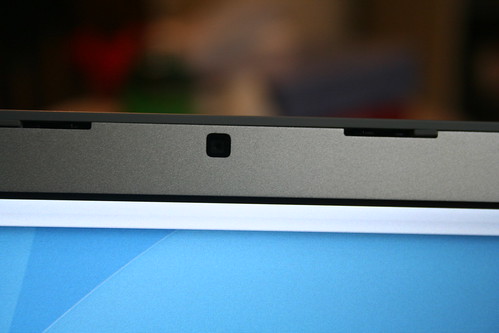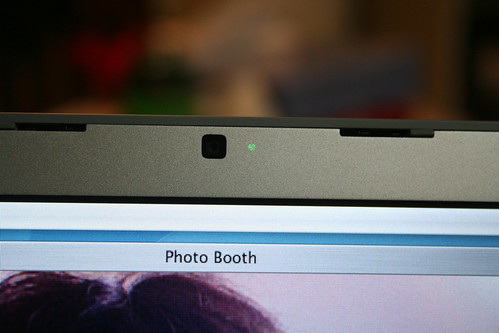Twitter booms in Japan / Twitter from Skype
My article about Twitter (and Tumblr.) for ascii.jp came out just at the right moment:
-(Japanese) alpha bloggers lured by mini-blogging (the article is in Japanese)
When I finished writing this piece, Google search for "Twitter" showed mostly US results and Technorati.jp blog search showed about a dozen Japanese articles per day but as this article get published, it became one of the hottest article on hatena bookmark (Japanese equivalent of del.icio.us) at the same time, the technorati.jp search result has been doubled or trippled.
This past week was the Twitter week for Japan; I saw more and more early adopters getting on board with Twitter.
I also started to see the third wave of Japanese early adopters have started using Twitter around yesterday. Seeing Orkut, Gree and mixi case, this could be the most critical group of all.
Both Orkut and Gree captured some people of this group but they couldn't keep momentum among them. This group of people are knows computers and Internet but they are not necessarily following latest trends in web technologies and services.
This is a very colorful group and includes several big and significant clusters. One big cluster is Mac-fanatics in Japan. their occupations, generations and taste varies widely but they are very well connected through some extremely popular Mac web sites. They also tend to have closer relation with media, famous people, etc. thus are somewhat influential.
if you take a look at Mixi. "Mac", "Apple" and "iPod" group are some of the biggest groups there and that must be some sign; however, this is not necessarily the evidence that is tied to stronger Mac sales in Japan. Many people in this cluster are not using the latest Mac many of them are still tied to Mac OS 9.
Orkut failed because it didn't support Japanese characters and couldn't gain momentum among these people.
Gree failed because it didn't display well on Safari.
Mixi's success is often tied to the fact that they were targeted toward younger women. And I believe that is very true. But I also see some significance in the fact that mixi was one of the few Social Network in Japan which was optimized for Safari thanks to Kobori-san who has been using iBook back then. And thanks to Kasahara-san who bought a Mac after he realized this trends; back then, he was showing up for some mac user groups meetings as well.



